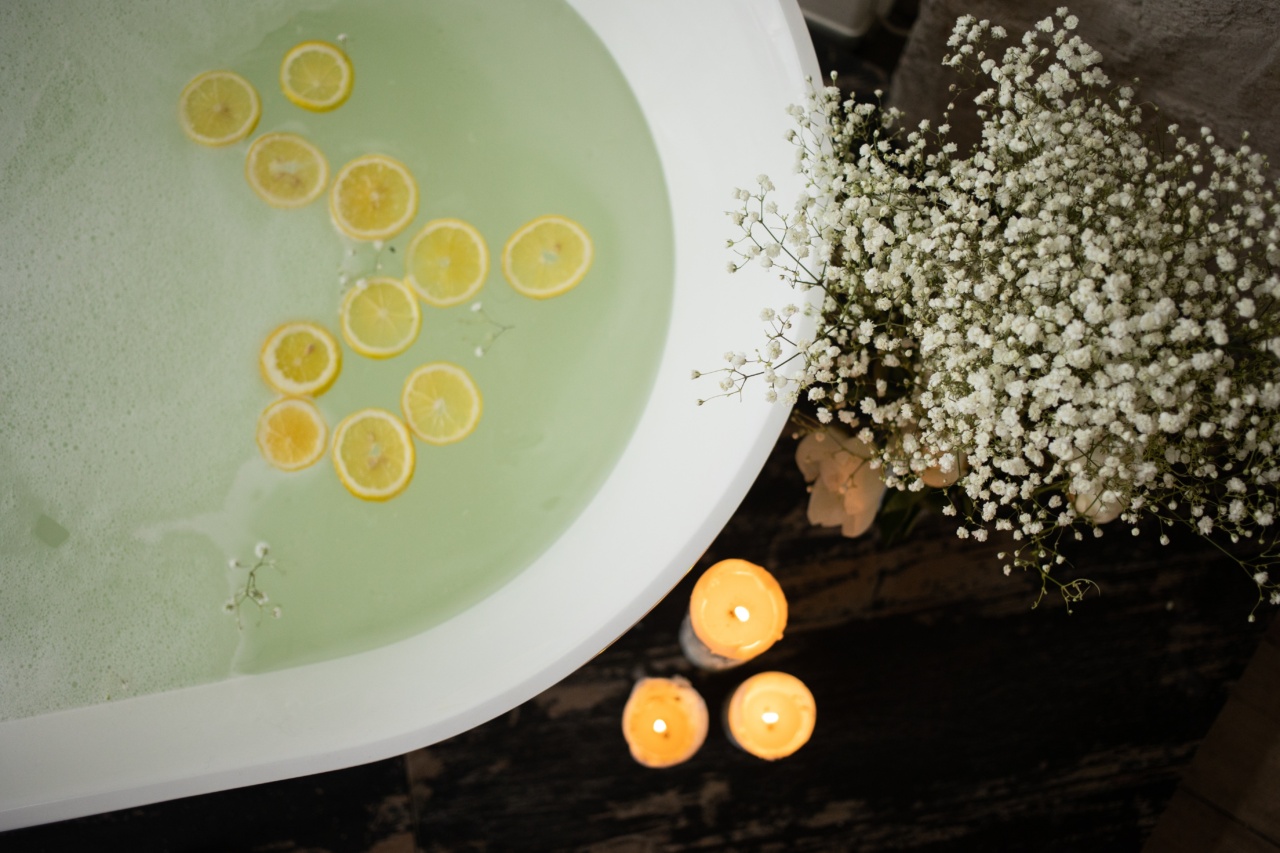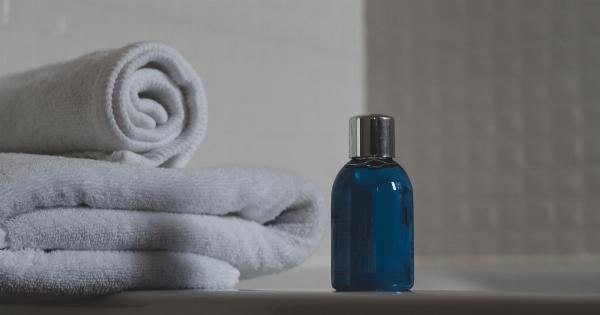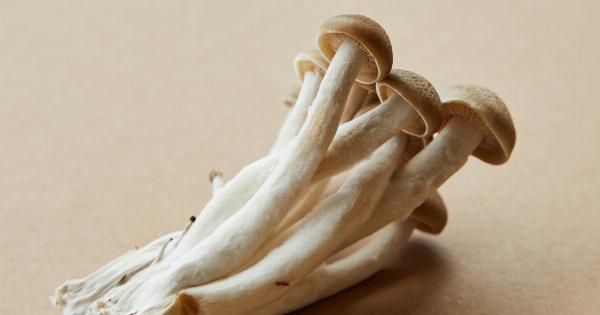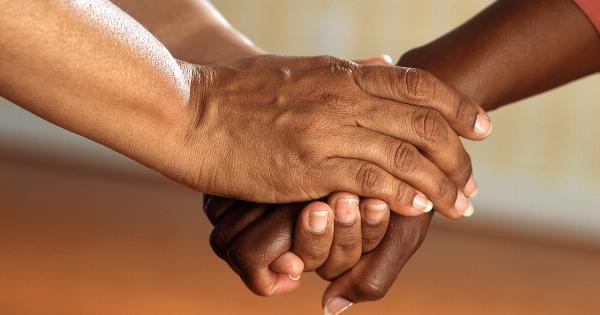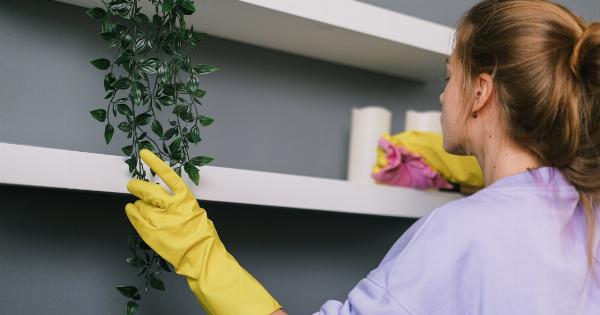Personal hygiene is an essential aspect of our daily routines, but sometimes it can be challenging to decipher fact from fiction when it comes to the best practices.
With the abundance of information available online, it’s important to separate the myths from the truths in order to maintain proper hygiene habits. In this article, we will debunk common misconceptions and provide evidence-based facts on personal hygiene.
1. Showering Everyday
It’s widely believed that taking a shower every day is necessary for cleanliness. However, this may not be true for everyone. The frequency of showering depends on several factors, including individual preferences, lifestyle, and climate.
If you have dry or sensitive skin, excessive showering can lead to dryness and irritation. On the other hand, individuals who engage in strenuous activities or live in hot and humid regions might find it beneficial to shower more frequently.
2. Using Antibacterial Soap
Many people believe that using antibacterial soap is superior to regular soap when it comes to killing germs.
While it’s true that antibacterial soaps are effective in killing certain bacteria, they are no more effective than regular soap in everyday use. In fact, using antibacterial soap may contribute to the development of antibiotic resistance and disrupt the balance of good bacteria on our skin. Regular soap and water are sufficient for most day-to-day handwashing and bathing needs.
3. Effectiveness of Hand Sanitizers
In recent years, hand sanitizers have gained popularity as a convenient alternative to handwashing. While they can be effective in certain situations, they are not a substitute for soap and water.
Hand sanitizers with at least 60% alcohol content can effectively kill a variety of germs, but they do not remove dirt and grime. Hand sanitizers should be used when soap and water are not readily available, such as when traveling or in healthcare settings.
4. Toothpaste and Mouthwash
Using toothpaste and mouthwash is important for maintaining oral hygiene, but it’s crucial to understand their limitations.
Toothpaste helps remove plaque and prevent tooth decay, but it cannot replace proper brushing techniques or regular dental check-ups. Similarly, mouthwash can freshen breath and kill some bacteria, but it should not be used as a substitute for brushing and flossing. Good oral hygiene practices, including brushing twice a day and flossing, are essential for overall dental health.
5. Over-washing Hair
Contrary to popular belief, washing hair every day is not necessary for most people. In fact, excessive washing can strip away the natural oils that protect and nourish the hair, leading to dryness and damage.
The frequency of hair washing depends on various factors, including hair type, scalp health, and personal preferences. It’s generally recommended to wash hair every 2-3 days or as needed to maintain cleanliness and scalp health.
6. Cleaning Ears with Cotton Swabs
Many people use cotton swabs to clean their ears, believing it to be an effective method of ear hygiene. However, inserting cotton swabs into the ear canal can push wax further inside, leading to impaction and potential damage.
The ears have a self-cleaning mechanism, and excessive cleaning can disrupt this process. To maintain ear hygiene, it’s best to simply clean the outer parts of the ear with a clean, damp cloth.
7. Nail Care
Proper nail care is essential for hygiene, but there are some misconceptions surrounding it. One common myth is that cutting cuticles helps keep nails clean.
Cuticles are a protective barrier for the nail bed, and cutting them can increase the risk of infection. Instead, gently pushing back the cuticles is a better practice. Additionally, it’s important to trim nails regularly, keep them clean, and avoid biting them to prevent the spread of germs.
8. Deodorant and Antiperspirant
There is often confusion between deodorants and antiperspirants. Deodorants help mask or reduce body odor by inhibiting the growth of odor-causing bacteria. Antiperspirants, on the other hand, work by reducing sweating.
Some people believe that using antiperspirants can lead to health issues like breast cancer or kidney disease, but there is no scientific evidence to support these claims. It’s a personal choice whether to use deodorants or antiperspirants based on individual preferences and concerns.
9. Feet Care
Feet hygiene is essential for overall personal hygiene, but some misconceptions exist regarding foot care. One common myth is that soaking feet every day is necessary for cleanliness.
However, excessive foot soaking can lead to dryness and skin irritation. It’s best to wash feet with mild soap and water and thoroughly dry them afterward. Regularly changing socks, wearing breathable footwear, and keeping toenails trimmed are also important for maintaining foot hygiene.
10. Sanitizing Personal Items
With the rise of infectious diseases, many individuals have become concerned about sanitizing personal items regularly.
While it’s a good practice to clean frequently touched objects, such as phones and keyboards, it’s important to remember that not all items require constant sanitization. Overusing harsh cleaning products can be damaging and unnecessary. Following manufacturer’s instructions and using gentle cleaning agents are usually sufficient for most personal items.
